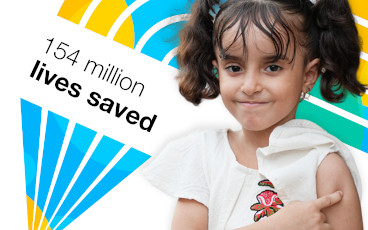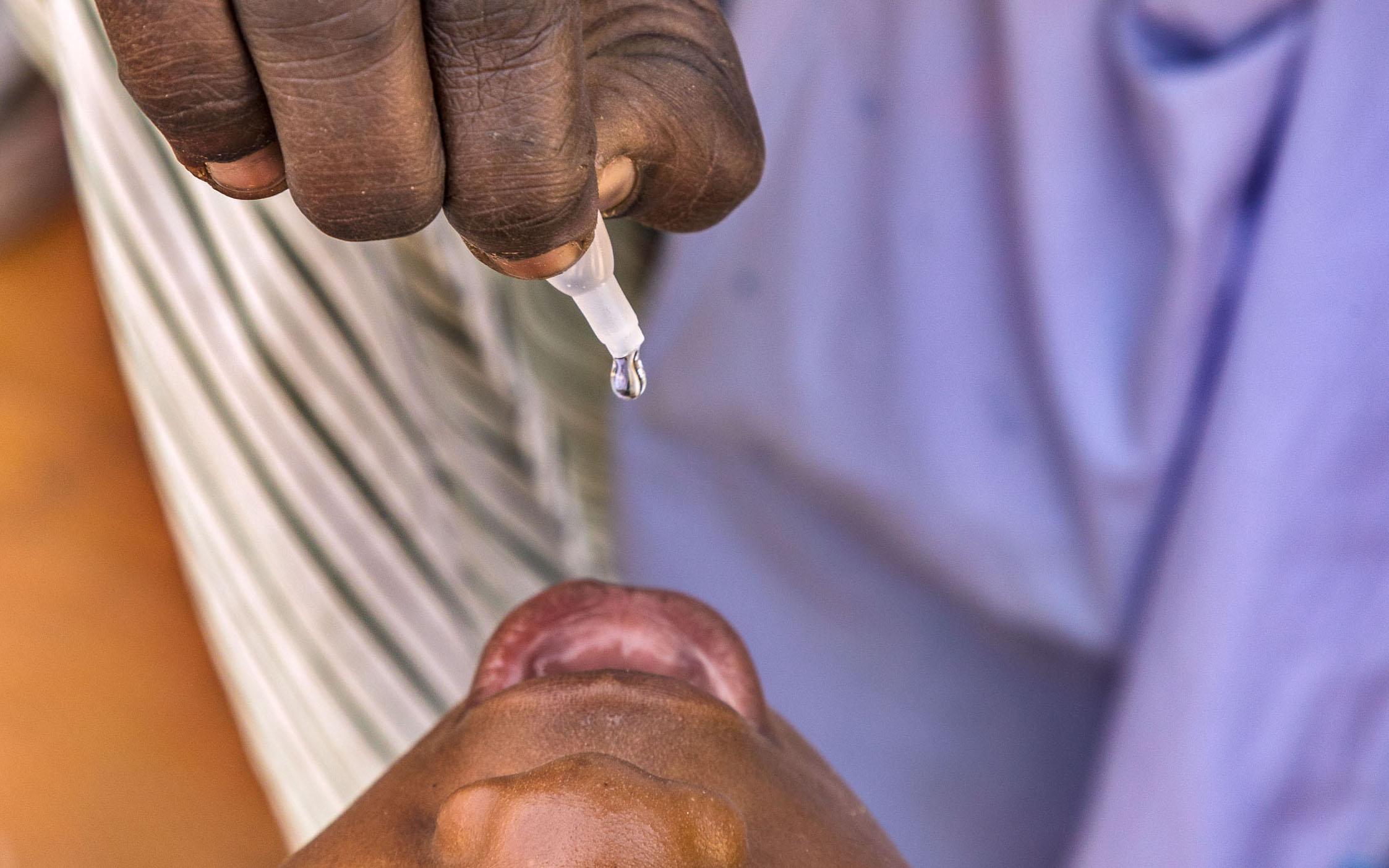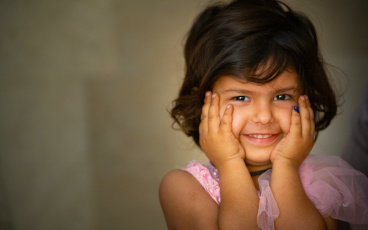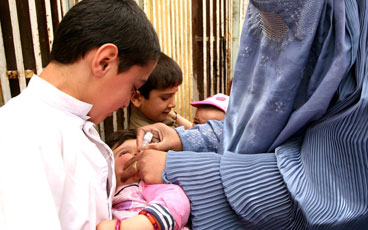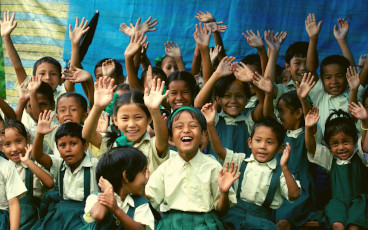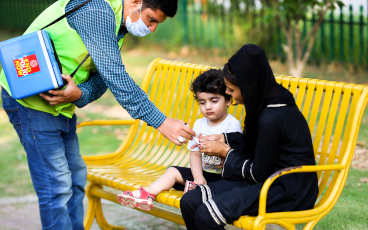Overcoming the Final Hurdles
The Expert Review Committee in Nigeria met in February to assess the risks that need to be overcome in order to bring Nigeria closer to finishing polio once and for all.

On the 9 – 10 February, the Expert Review Committee on Polio Eradication and Routine Immunization (ERC) met in Nigeria to review progress towards polio eradication and to underline the urgent need to keep up the momentum in the face of remaining risks.
Eighteen months have passed since the last case of wild poliovirus in Nigeria. This remarkable achievement, which led to Nigeria being removed from the list of polio-endemic countries in September 2015, was attributed by the ERC to the high political commitment, strong coordination through the Emergency Operations Centres established in 2012 and innovative approaches that ensured the quality of the programme dramatically improved over the past few years. Most of all, the ERC recognised the heroism of the health workers operating in the challenging environment in the North-East and North-West of the country, who go to great lengths to protect children, despite insecurity.
Any recognition of progress was underscored by the message that the job is not yet over. Removal from the endemic list is one step on the long road to the WHO Africa Region being certified polio-free, which would only take place after three years with no case and high quality surveillance. It is also necessary to maintain vigilance against the virus being reintroduced from elsewhere. With this date currently not for another year and a half, maintaining vigilance, commitment and accountability was highlighted by the ERC as of crucial importance.
The ERC highlighted the risk of losing political commitment, funding gaps, and pockets of low immunity as the major challenges standing in the way of certification in 2017. They made strong recommendations for the polio eradication programme to take steps to keep political and traditional leaders engaged across the country. Kaduna, Sokoto, Katsina, Zamfara, Borno and Yobe states were highlighted as particularly challenging areas of the country, where chronically missed children remain due both to insecurity and operational gaps.
With the removal of the type 2 component of the oral polio vaccine from use through the switch from trivalent to bivalent oral polio vaccine in Nigeria on 18 April 2016, a further risk is the possibility of type two circulating vaccine-derived poliovirus outbreaks. With areas of low routine immunization coverage and pockets of chronically missed children in some areas of the north, important actions were outlined by the ERC as essential to mitigate these risks. High quality campaigns are being held in the lead up to the switch with trivalent OPV, there is increased use of the inactivated polio vaccine in these high risk areas, and highly sensitive surveillance is being maintained across the country.
Beyond polio, the ERC recognised that the polio human and technical infrastructure is increasingly supporting a wider range of health needs, including routine immunization, malnutrition and maternal and child health. A social mobilization network of over 15,000 staff members and volunteers are educating communities about many other diseases, such as Lassa fever and cholera; and the programme’s capacity to reach even the most remote children is sharing lessons with others. Nigeria is beginning to plan for transitioning the polio infrastructure to strengthen other health programmes after certification. The ERC recommended urgently elevating this to a high priority activity, and that it was essential for the government to lead the process and to engage all in-country stakeholders in the planning process.
Nigeria has come a long way; but staying alert and addressing any risk that could allow the return of polio is now more essential than it has ever been.


